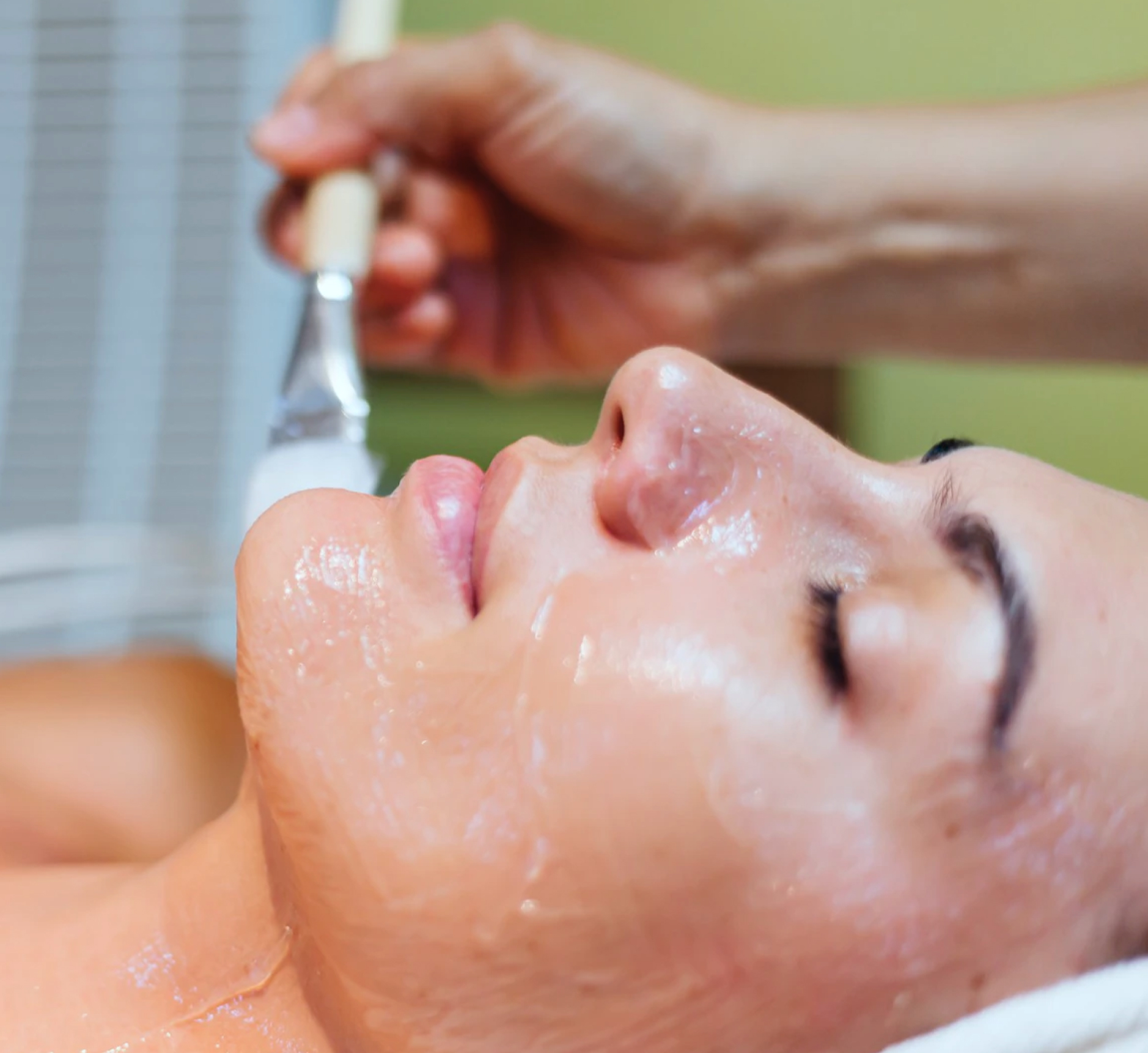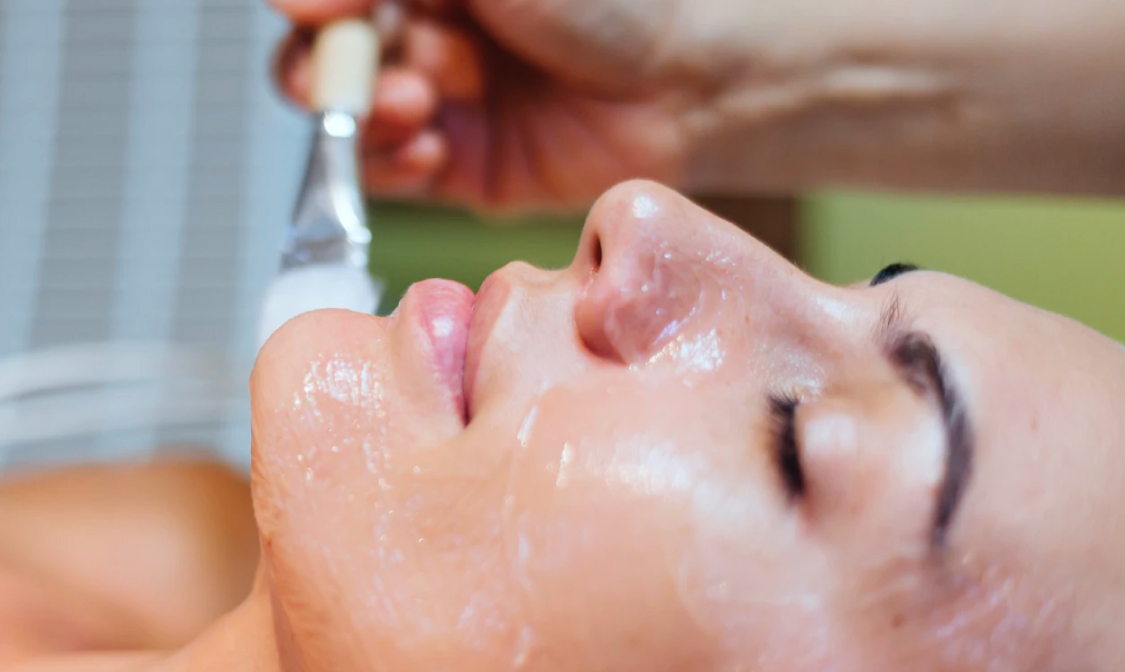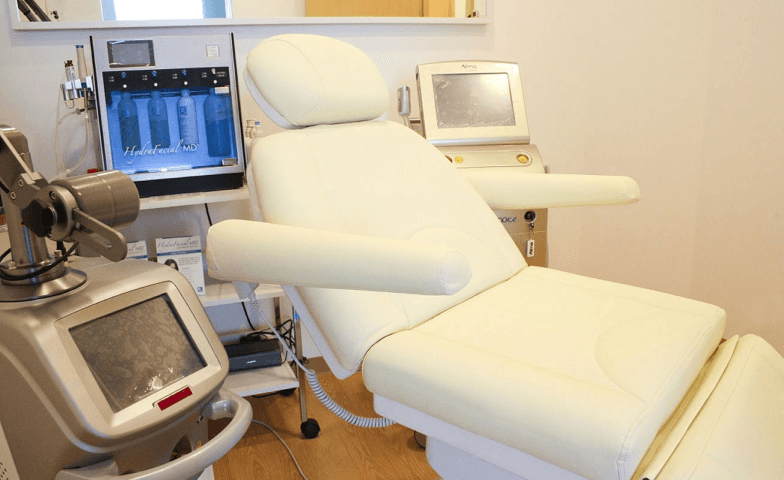Risks Of Chemical Peels
A chemical peel can cause several side effects ranging from mild to severe and may depend on the depth of your chemical peel.
-
Swelling, scabbing, and redness
Normal chemical peel healing usually results in redness of the treated skin. Redness may continue for several months after a medium or deep chemical peel.
-
Scarring
Scarring from a chemical peel is uncommon, and if it happens, usually occurs on the lower half of the face.
-
Skin color changes
A chemical peel can cause treated skin to become darker or lighter in color After a shallow peel, hyperpigmentation is more common, but hypopigmentation is more common after a thorough peel.
-
Infection
A chemical peel can cause a bacterial, fungal, or viral infection of your skin.
-
Damage to the heart, kidneys, or liver
A deep chemical peel contains phenol which can damage the heart muscles and induce irregular heartbeats during prolonged exposure. Phenol can also cause renal and liver damage.











